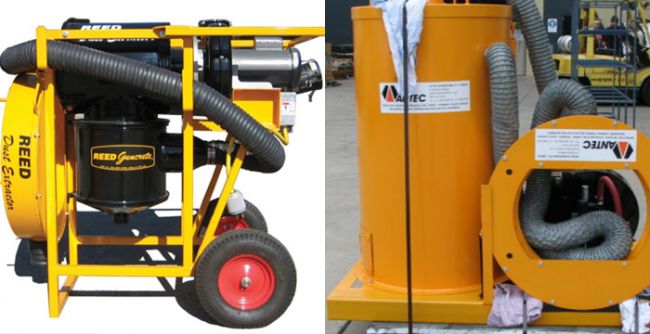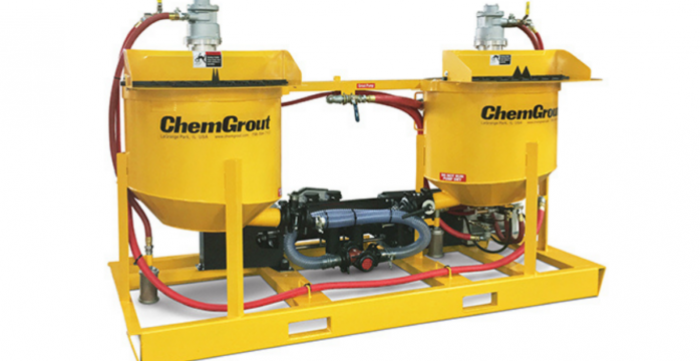Tips & Tricks
How To Get The Best Concrete Equipment Supplies?


Concrete contractors rely on quality equipment and supplies to complete projects efficiently, safely, and profitably. Regardless of project scale, every concrete pro needs their arsenal fully stocked with products that perform as promised.
Finding and vetting suppliers of premier concrete tools and materials takes diligence upfront. But establishing concrete equipment supplies sources like CGS Equipment you can trust saves major frustrations down the road.
Let’s review smart strategies for equipping yourself with only the best concrete equipment and supplies for any job.
Before you can assess providers, understand characteristics of high caliber concrete equipment and supplies across categories:
Mixers - Power, durability, easy cleaning, reputation for longevity.
Forms - Sturdy materials, interlocking, alignment accessories available.
Rebar - Strength certification, correct grades and sizes available.
Pumps - Power, flexible configurability, easy maneuvering.
Trowels - Ergonomic, lightweight, versatile for finishing stages.
Screeds - Precisely level, sturdy, suitable for site conditions.
Additives - Reputable brand, proper labeling, results as described.
Safety - UL certification on power tools, quality personal protective equipment.
Vetting brands, build quality, precision and output matter for flawless pours.
Cast a wide net searching for suppliers using:
Think beyond the obvious big box stores when sourcing - ask the experts for guidance.

Thoroughly vet suppliers before purchasing by asking:
Readily accessible and candid responses reflect positively.
Double check orders containing:
Don't assume - incorrect materials and tools cost time and money.
Don't underestimate word of mouth. Speaking with concrete contractors who have experience with suppliers provides unfiltered insights you won’t find in sales calls.
With strategic research and relationship building, contractors can partner with reputable suppliers for top grade concrete gear. Don't leave supply sourcing as an afterthought - great equipment and materials are key to delivering successful projects. Do your homework upfront and your concrete work will flow smoothly for years to come.
Be the first to post comment!